Across the UK and Europe, the ‘parklet’ movement is gaining pace, transforming dead spaces where cars used to be into pockets of green.
As more towns and cities bring in measures to curb traffic and the number of cars on the streets, the idea of converting parking spaces into “parklets” is gaining traction. These tiny green parks are part of a trend in urban rewilding by individuals that is boosting biodiversity across the world.
‘The council came at 5am and took our garden away’
My partner, Xavier Damman, and I moved to Brussels in February 2020, a month before lockdown. We live in a typical Brussels house that has no garden and just a mini terrace. It has a garage but we don’t have a car. There is a 12 sq metre area in front of our garage door where no one can park. I have green fingers and love gardening so I figured I could turn it into a garden. Then we started getting letters from the council saying you can’t use this space for gardening, it’s for cars. We wanted to create a conversation about use of public space – why, if you are a car owner, can you privatise a public space?
In May 2020, we woke up at 8am and saw a text from a neighbour saying ‘where is your garden?’, and it had just disappeared. My partner put up posters saying ‘missing garden’. Then we discovered the council had come at 5am and taken it away. They took it to the public waste disposal centre (who luckily watered it and took care of it).
Read the full story on The Guardian
Recommended by Luisa Bravo

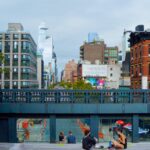



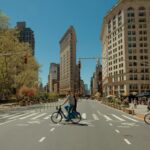
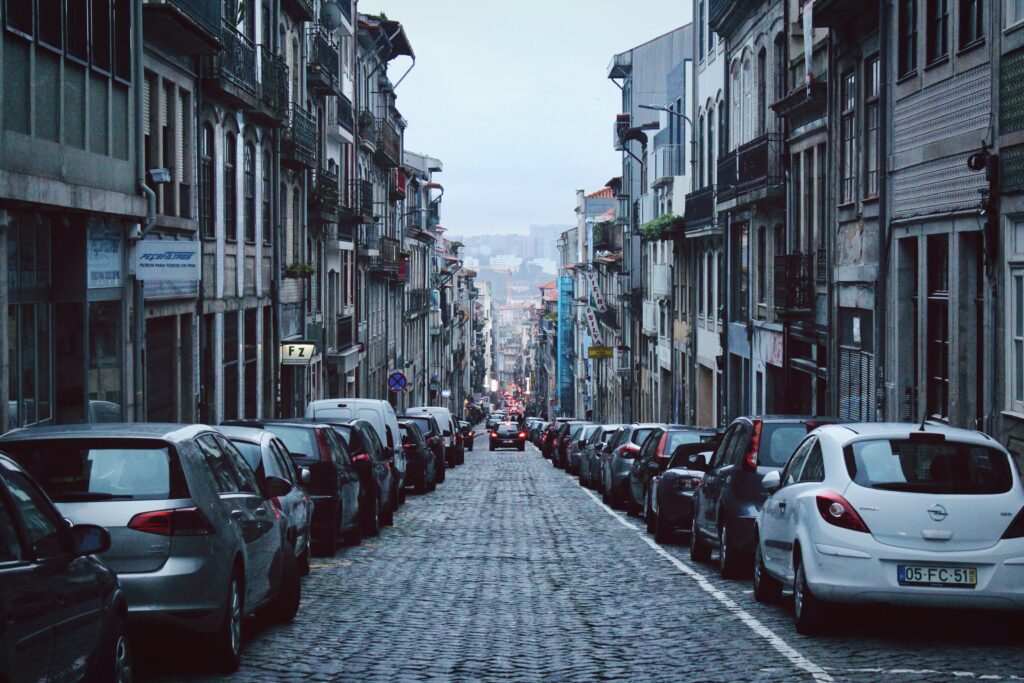
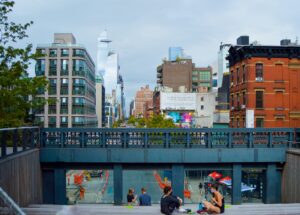
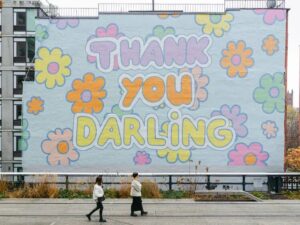


More Stories
The best outdoor art in NYC this winter (2024)
Security by Design: Protection of public spaces from terrorist attacks
Plaza de la Vila in Sencelles by Moneo Brock